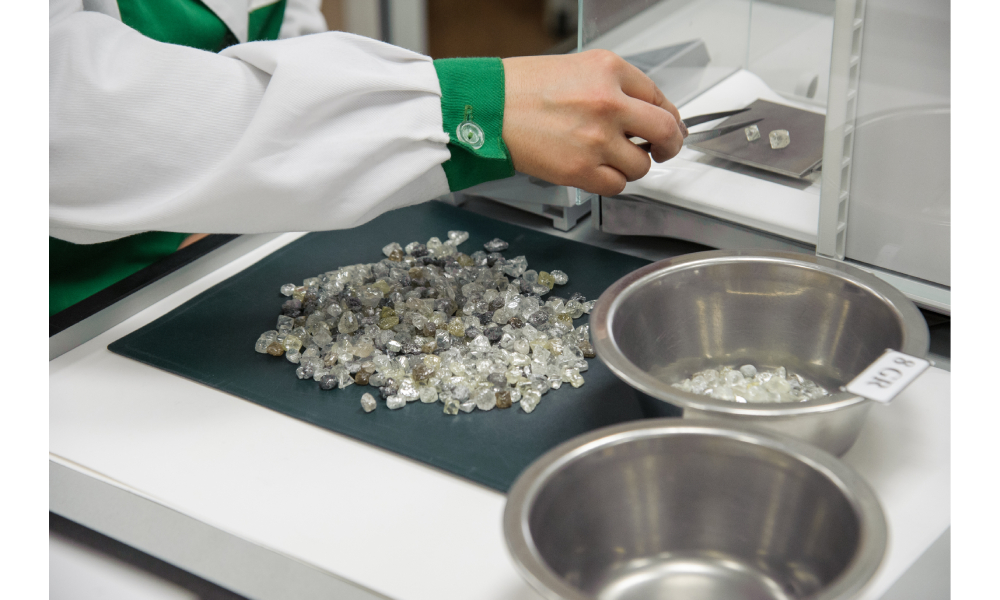The diamond industry is witnessing a surge in momentum as stakeholders push for changes to the G7’s approach to sanctions procedures, particularly regarding Russian diamonds, according to a recent letter penned by Yoram Dvash, President of the World Federation of Diamond Bourses (WFDB).
The current system, which mandates that all rough diamonds must be certified by the Diamond Office in Antwerp, has been in operation since 1st March for diamonds entering the EU. It is set to expand to all rough entering G7 countries by 1st September 2024.
Despite a joint call from the WFDB, alongside the WDC, GJEPC, and IDMA, urging G7 governments to address concerns over the Russian diamond sanctions, official responses have been lacking. However, there are signs that the proposal is gaining traction, the letter notes.
Within the industry, there is growing consensus on the need for revisions to minimise disruptions.
Initially, Antwerp-based companies raised concerns over the capacity of the Diamond Office to handle the increased flow of goods, leading to significant delays and additional costs.
In mid-April, the sudden resignation of Ari Epstein as CEO of the Antwerp World Diamond Centre (AWDC) fuelled speculation about internal discord within the Antwerp diamond industry. Epstein, a key advocate of the one-node system, stepped down amidst concerns over its impact. Dvash notes that although the AWDC did not provide a reason for Epstein’s departure, they expressed support for the G7 sanctions while acknowledging procedural concerns, particularly regarding non-sanctioned diamonds.
India, as the largest diamond manufacturing and trading hub, has called for the establishment of its own diamond screening centre to comply with the new G7 sanctions. According to Dvash, India has pointed out that the current single-entry point in Belgium is driving up costs and jeopardising jobs.
Additionally, reports reveal calls from three African nations – Angola, Botswana, and Namibia – urging the G7 to reconsider the requirement for producer countries to channel all diamonds through Belgium. Botswana, in particular, highlights logistical challenges and the adverse impact on local beneficiation efforts. They advocate for verification to be conducted within the country of origin.
The letter further continues that in a recent development, De Beers appointed Emma Wade-Smith, a former senior British diplomat, to lobby G7 governments for changes to the sanctions implementation plan. De Beers contends that the directive to send diamonds solely to Antwerp will incur high costs and threaten the revenues of African producer countries.
Dvash remains confident that as weeks progress, there is growing confidence that efforts to amend the G7’s Russian diamond sanctions scheme will gain traction.

